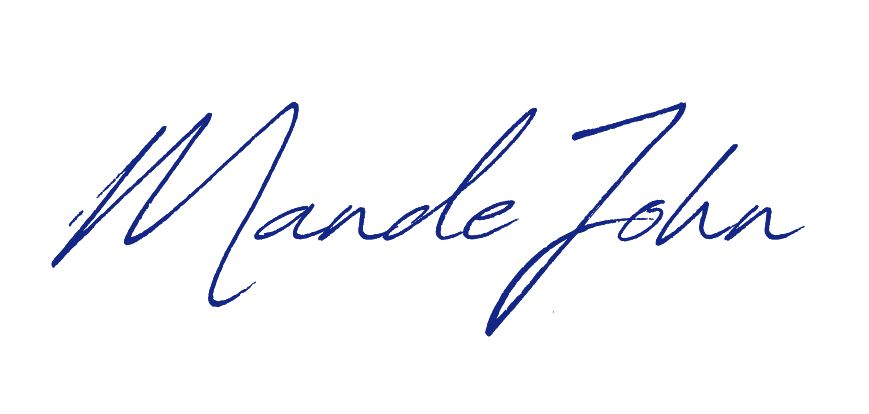Have you ever found yourself consistently struggling with organization, time management, or follow-through, despite your best efforts? As a professional, these challenges aren’t just frustrating—they can significantly impact your career trajectory. The good news? The solution might lie in understanding and strengthening your executive function skills.
Understanding Executive Functions: The Foundation of Professional Success
Executive functions are the cognitive skills that enable us to plan, focus, remember instructions, and handle multiple tasks successfully. Think of them as your brain’s command center for both daily operations and long-term achievements.
Key Executive Function Areas:
- Time Management
- Organization
- Impulse Control
- Emotional Regulation
- Task Initiation
- Working Memory
The Mindset-Skills Connection: Why Most Productivity Systems Fail
Here’s a revelation that transformed my approach to professional development: skills without mindset shift are like buildings without foundations. When we believe we’re “just bad at time management” or “naturally disorganized,” these thoughts create self-fulfilling prophecies.
Real-World Example: The Time Management Transformation
Let me share a personal insight that revolutionized my professional life. I discovered that my one-hour shower routine wasn’t about poor time management—it was about decision fatigue. By implementing a structured routine and reducing decision points, I cut this time to 15 minutes. The lesson? Sometimes, what we perceive as time management issues are actually executive function challenges in disguise.
The Three Pillars of Executive Function Mastery
1. Awareness and Understanding
- Recognize executive functions as learnable skills
- Identify your specific challenge areas
- Understand the impact on your professional performance
2. Mindset Transformation
- Challenge limiting beliefs about your capabilities
- Develop a growth-oriented perspective
- Build confidence through small wins
3. Skill Development
- Create structured routines
- Implement time-tracking systems
- Develop task initiation strategies
- Build emotional regulation techniques
Professional Impact of Strong Executive Functions
Research and experience show that professionals with well-developed executive function skills demonstrate:
- Higher project completion rates
- Better team collaboration
- Improved client relationships
- Enhanced leadership capabilities
- Reduced stress levels
- Increased career satisfaction
Implementation Strategy for Professionals
- Assessment Phase
- Track your time for one week
- Document decision points in your daily routine
- Identify energy drains and productivity peaks
- Optimization Phase
- Streamline morning routines
- Create standardized workflows
- Implement decision-reduction strategies
- Sustainability Phase
- Regular review and adjustment
- Progressive skill building
- Continuous mindset work
The Way Forward
Understanding and strengthening executive function skills isn’t just about personal productivity—it’s about professional transformation. When we combine practical skills with mindset work, we create sustainable change that impacts every aspect of our careers.
Action Steps for Professional Growth
- Start timing your tasks to build time awareness
- Simplify your routines to reduce decision fatigue
- Challenge limiting beliefs about your capabilities
- Create structured systems for recurring tasks
- Regularly review and adjust your strategies
The Professional Edge
In today’s fast-paced business environment, strong executive function skills give you a significant competitive advantage. They enable you to:
- Meet deadlines consistently
- Manage complex projects effectively
- Build stronger professional relationships
- Make better strategic decisions
- Lead teams more effectively
Looking Ahead
As we continue exploring executive function skills, remember: it’s not about becoming perfect—it’s about becoming better equipped to handle professional challenges. The combination of mindset work and practical skills creates lasting change that transforms not just how you work, but how you think about your capabilities.
What executive function skill would most impact your professional success? Share your thoughts and experiences in the comments below.
ProfessionalDevelopment #ExecutiveFunctions #Leadership #ProductivityStrategy #CareerGrowth #TimeManagement #BusinessSuccess



